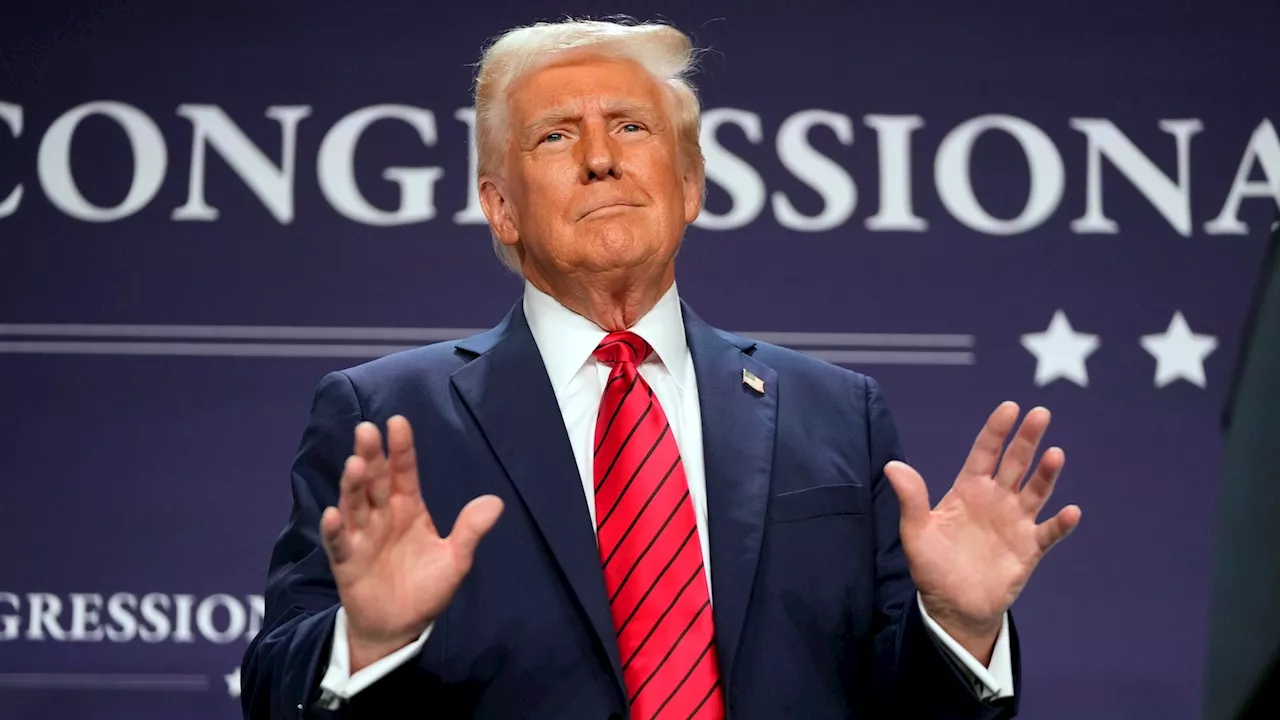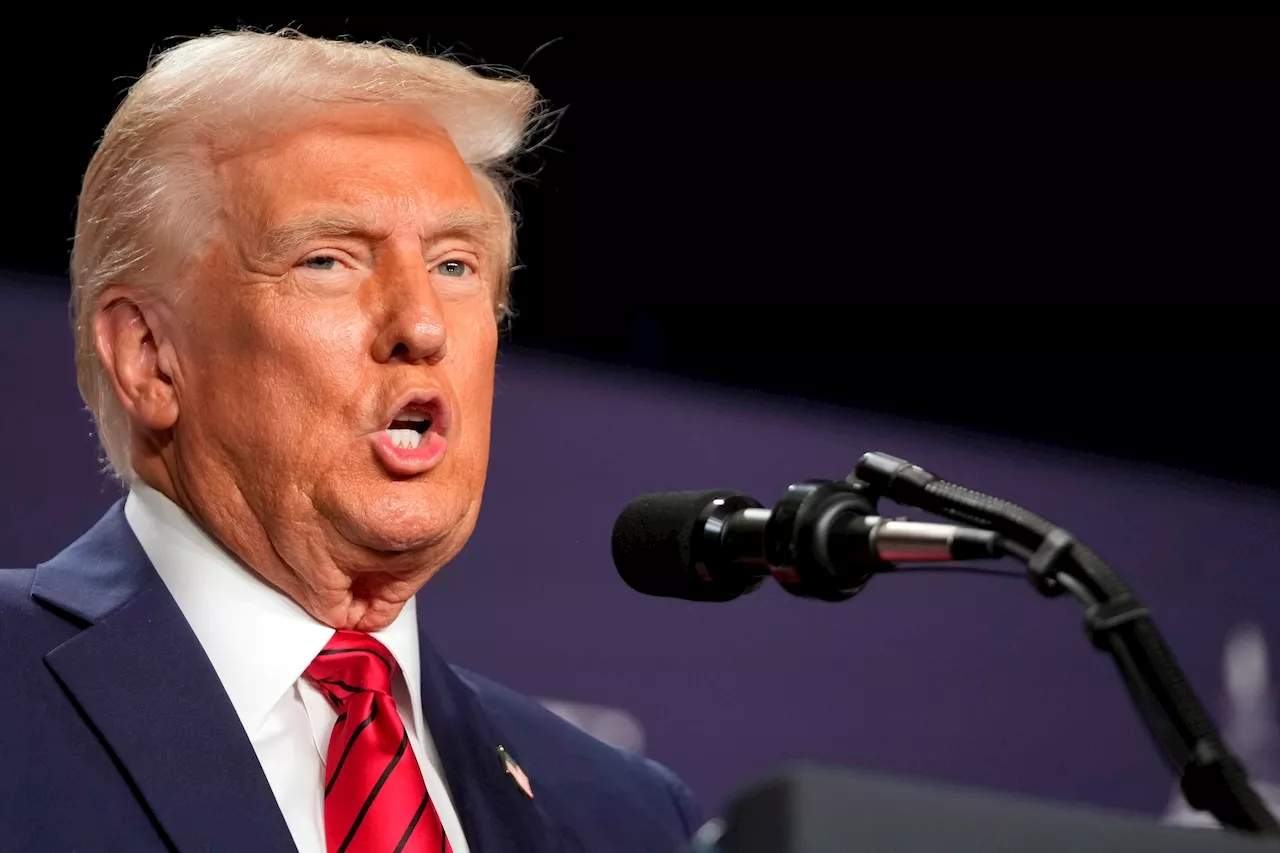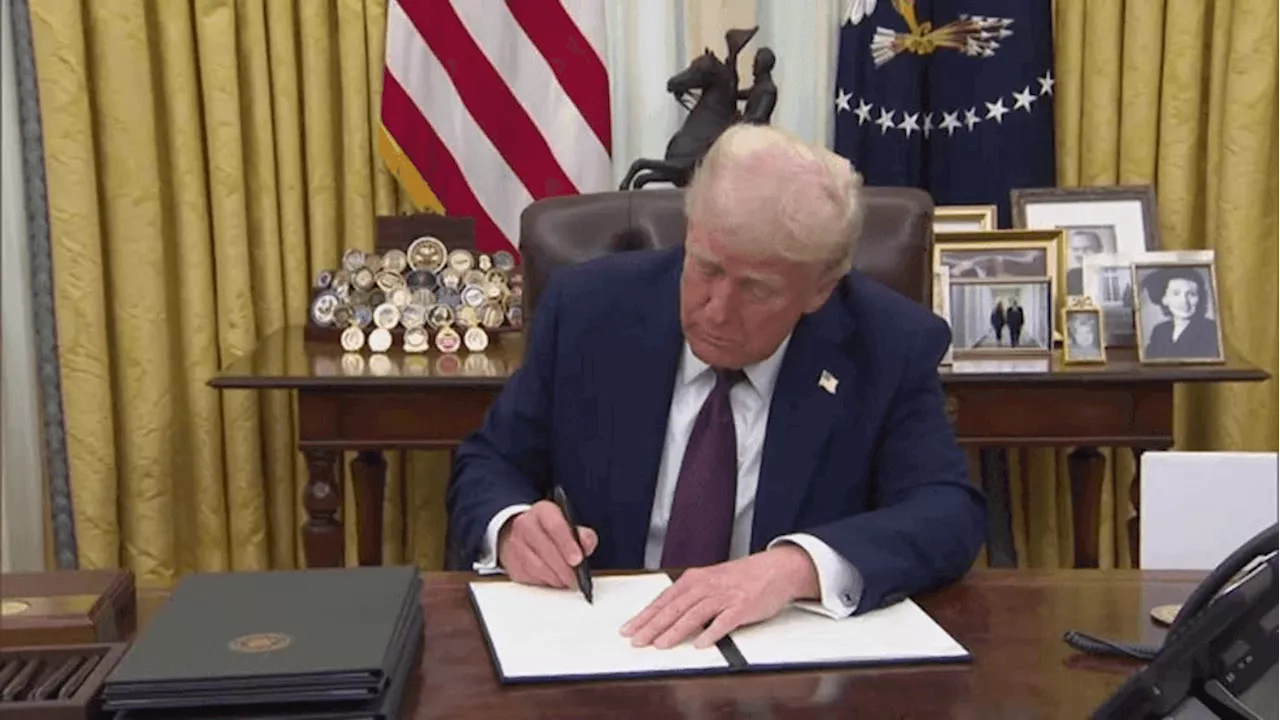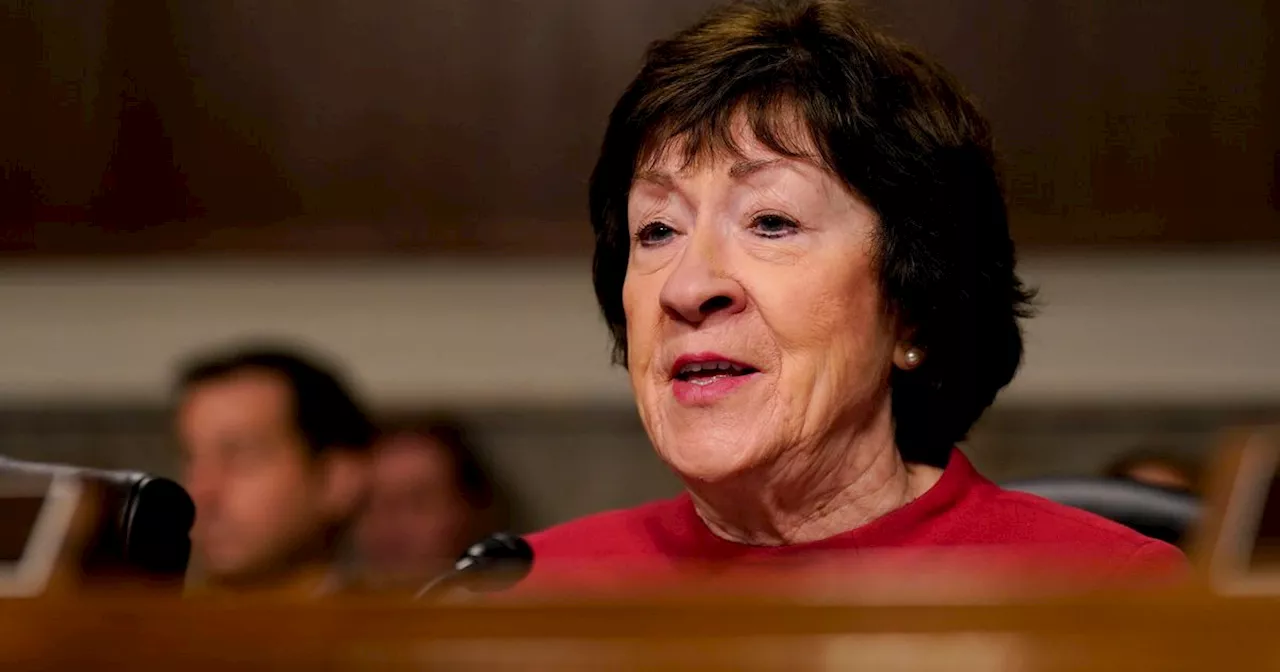A nationwide freeze on most federal grants, loans, and financial aid has caused widespread confusion and anxiety as providers and recipients struggle to access critical programs. The White House defended the move, but critics argue it is an illegal attempt to circumvent Congress and control spending.
A nationwide freeze on most federal grants, loans, and financial aid instigated chaos and confusion on Tuesday as providers and recipients of government funding grappled to access critical programs impacting millions of Americans.
The directive, issued late Monday by the White House Office of Management and Budget, instructed federal agencies to temporarily halt disbursements until the Trump administration could ensure their alignment with the president's agenda, including bans on diversity, equity, and inclusion initiatives and limits on clean energy spending. The freeze, excluding only Social Security and Medicare, caused widespread concern among lawmakers and providers alike. Many federal programs appeared to be caught in the crosshairs of this order, prompting calls for a more targeted approach. Senator Susan Collins (R-Maine), chair of the Senate Appropriations Committee, stressed the need for the administration to exercise greater selectivity and review departments individually, emphasizing the importance of safeguarding crucial direct service programs. Senators Lisa Murkowski (R-Alaska) and Chris Murphy (D-Conn.) reported an influx of calls from constituents bewildered by the directive and its implications, highlighting the real-life anxieties it generated.The White House attempted to alleviate concerns, asserting that the policy would not encompass all federal funding and assuring continued disbursement for programs like food assistance, welfare, student loans, and Medicaid. They acknowledged a temporary outage on the Medicaid website portal but insisted payments remained unaffected and were being processed as usual. Despite these reassurances, critics, including congressional Democrats, condemned the freeze as an illegal attempt by Trump to usurp congressional authority over federal spending. They argued that the president was exceeding his constitutional limits, particularly violating a 1974 law that restricts presidential control over congressionally approved funds. Republican senators, while acknowledging the potential for prolonged disruptions, expressed divided opinions. Some, like Senator Kevin Cramer (R-N.D.) and Senator Thom Tillis (R-N.C.), recognized the need for careful consideration, emphasizing the importance of avoiding undue harm to constituents reliant on specific government programs. Meanwhile, others, like Representative Don Bacon (R-Neb.) and Representative Tom Cole (R-Okla.), defended the freeze, portraying it as a legitimate exercise of executive oversight and a necessary step to ensure fiscal responsibility and alignment with the president's priorities.
FUNDING FREEZE TRUMP ADMINISTRATION CONGRESS FEDERAL PROGRAMS SOCIAL PROGRAMS GOVERNMENT SPENDING
United States Latest News, United States Headlines
Similar News:You can also read news stories similar to this one that we have collected from other news sources.
 Trump's strict foreign funding freeze sparks panic among international aid groupsThe administration has paused almost all U.S. assistance for 90 days.
Trump's strict foreign funding freeze sparks panic among international aid groupsThe administration has paused almost all U.S. assistance for 90 days.
Read more »
 Trump Administration's Funding Freeze Sparks Legal and Operational ChaosIllinois Attorney General Kwame Raoul condemns the Trump administration's move to freeze federal funding, calling it an unconstitutional violation of separation of powers. A federal judge temporarily blocked the freeze, but it has caused widespread disruption to government agencies and non-profit organizations reliant on federal funds. State Medicaid programs faced outages, and the White House's assurances about unaffected programs have been challenged by governors and organizations experiencing direct impacts.
Trump Administration's Funding Freeze Sparks Legal and Operational ChaosIllinois Attorney General Kwame Raoul condemns the Trump administration's move to freeze federal funding, calling it an unconstitutional violation of separation of powers. A federal judge temporarily blocked the freeze, but it has caused widespread disruption to government agencies and non-profit organizations reliant on federal funds. State Medicaid programs faced outages, and the White House's assurances about unaffected programs have been challenged by governors and organizations experiencing direct impacts.
Read more »
 Trump Administration's Funding Freeze Sparks Panic and Constitutional DebateThe Trump administration's plan to halt federal grants and loans sparked panic and confusion across the US government, setting the stage for a constitutional clash over budgetary control. The administration directed federal agencies to review programs for compliance with Trump's executive orders, raising concerns about potential disruptions to vital services.
Trump Administration's Funding Freeze Sparks Panic and Constitutional DebateThe Trump administration's plan to halt federal grants and loans sparked panic and confusion across the US government, setting the stage for a constitutional clash over budgetary control. The administration directed federal agencies to review programs for compliance with Trump's executive orders, raising concerns about potential disruptions to vital services.
Read more »
 Trump Administration's Funding Freeze Sparks Panic and Constitutional ConcernsPresident Trump's administration ordered a halt to federal loans and grants, triggering widespread confusion and legal challenges. The move, aimed at ensuring spending aligns with Trump's executive orders, left organizations and individuals scrambling for clarity. A judge temporarily blocked the freeze pending further review, highlighting the potential for a constitutional clash over control of taxpayer money.
Trump Administration's Funding Freeze Sparks Panic and Constitutional ConcernsPresident Trump's administration ordered a halt to federal loans and grants, triggering widespread confusion and legal challenges. The move, aimed at ensuring spending aligns with Trump's executive orders, left organizations and individuals scrambling for clarity. A judge temporarily blocked the freeze pending further review, highlighting the potential for a constitutional clash over control of taxpayer money.
Read more »
 Trump Administration's Funding Freeze Sparks Chaos and UncertaintyPresident Trump's order to freeze trillions of dollars in federal grants and loans caused immediate disruption and fear among nonprofits, local governments, and aid organizations in Southern California. While a judge temporarily paused the freeze, the vague nature of the executive order and its impact remain unclear. The freeze initially appeared to target a wide range of federal aid programs, including those providing healthcare to low-income Americans and other essential services. Despite assurances that direct benefit programs like Social Security, Medicare, and Medicaid would not be affected, several organizations reported difficulties accessing federal funds.
Trump Administration's Funding Freeze Sparks Chaos and UncertaintyPresident Trump's order to freeze trillions of dollars in federal grants and loans caused immediate disruption and fear among nonprofits, local governments, and aid organizations in Southern California. While a judge temporarily paused the freeze, the vague nature of the executive order and its impact remain unclear. The freeze initially appeared to target a wide range of federal aid programs, including those providing healthcare to low-income Americans and other essential services. Despite assurances that direct benefit programs like Social Security, Medicare, and Medicaid would not be affected, several organizations reported difficulties accessing federal funds.
Read more »
 Trump Administration's Funding Freeze Sparks National OutcryThe Trump administration's attempt to halt federal grants and loans to scrutinize programs for ideological alignment triggered widespread alarm and confusion across the U.S.
Trump Administration's Funding Freeze Sparks National OutcryThe Trump administration's attempt to halt federal grants and loans to scrutinize programs for ideological alignment triggered widespread alarm and confusion across the U.S.
Read more »
